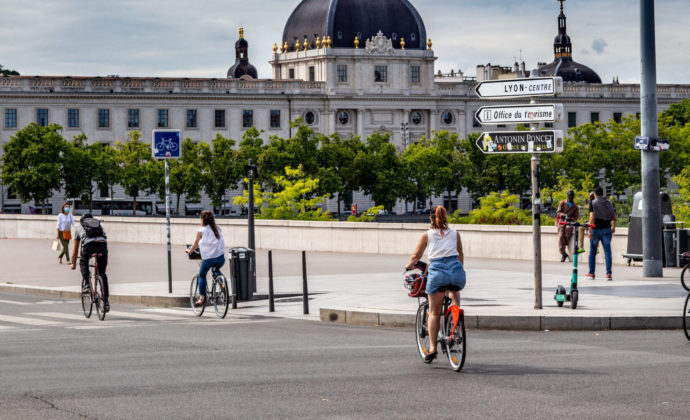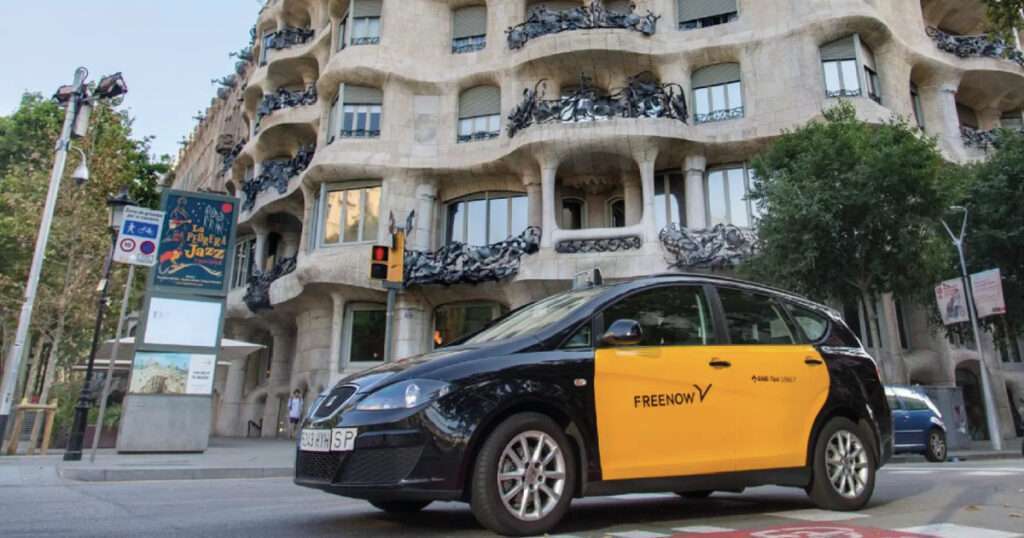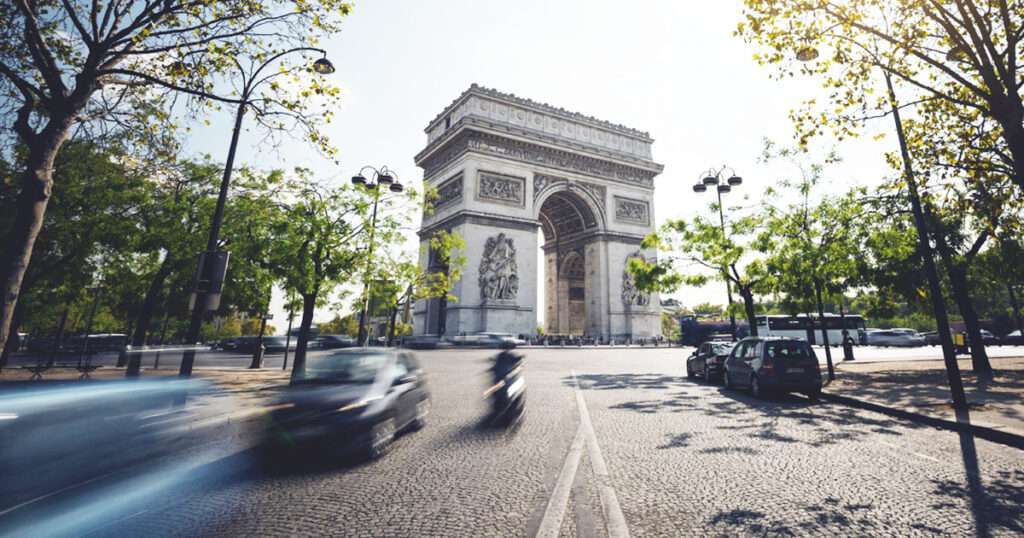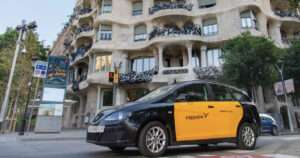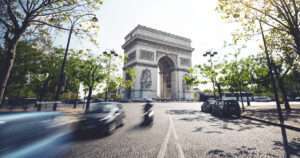With its 1.39 million inhabitants, the Lyon metropolitan area today represents one of the most attractive destinations in France. The third-largest metropolis, it has recently been named the most dynamic metropolis in terms of urban mobility. In front of the cities of Paris and Rouen, “Les Clés de la Mobilité” awarded Lyon the highest award. According to their study, Lyon represents for them “the most attractive French city, which has made the most effort to provide its inhabitants and businesses with a multiple, diversified and accessible offer. “As an expert in Mobility as a Service, we have drawn up an inventory of the transport services available in the capital of the Gauls, in a simple infographic.
1. A multimodal offer, everywhere and for everyone
In terms of urban mobility, the city of the two hills has nothing to envy the others. Through its transport network, it aims to develop a varied range of mobility services. Voted the best network in France by “Ville, Rail & Transport”, the organizing authority, Sytral, stands out for its “dense, meshed network”. With 1.8 million journeys a day, it aims to offer new modes of transport such as river shuttles and cable cars by 2030. As Fouziya Bonzerda, President of Sytral, pointed out, “Some users may prefer this option, rather than being stuck in their cars in traffic jams. In addition, the city of Lyon has been able to provide its inhabitants with softer alternatives. These are as follows:
- 5000 Vélo’v share-bike with the arrival in February 2020 of E-velov electric bicycles.
- Two car-sharing services, Citiz LPA/Yea and Bluely, with a 24% of increase in Citiz stations by the end of 2020.
- A Vaporetto river shuttle service since 2012, welcoming an average of 175,000 passengers/year.
- Eight free-floating scooter services (Lime, Bird, Dott, Voi, Flash, Tier, Ufo and Wind). In particular, with the arrival since January of the first weekly scooter subscription with Lime.
- Two autonomous shuttle services, connecting to the OL Park, in particular.
2. A sustainable redevelopment of the territory
One of Lyon’s key objectives remains to limit the number of vehicles as much as possible. This is achieved through the continuous development of its public spaces. With more than 1,000 km of bicycle paths, 15 km of pedestrian areas and 91 km of green lanes, Lyon has succeeded in this challenge. Indeed, according to the latest Sytral “travel” survey, vehicle use has increased from 52 to 42% between 1995 and 2015. Through the implementation of various measures or operations, Lyon is continuing in this direction. This is illustrated in particular with the implementation since 1 January 2020 of the low emission zone (ZFE). With the help of crit’air stickers, the metropolis has decided to limit access to the most polluting trucks and delivery vehicles.
Moreover, following the example of Pontevedra, the car-free Spanish city, the Lyon metropolis would like one day to become a “pedestrian city” in its turn. In order to achieve this, it has already started by launching pedestrianization experiments in autumn 2019. This consisted, over 5 days, of restricting access to vehicles. All this with the aim of allowing pedestrians to fully enjoy the Presqu’île. In the long term, the president of the metropolis of Lyon, David Kimelfeld would imagine “a pedestrianization that would start from 16 hours on weekdays.»
3. On the Road to a Smart Metropolis
Today’s cities only believe in the concept of the “Smart City”. As for the Metropolis of Lyon, it has launched its “Greater Lyon Intelligent Metropolis” strategy. Its ultimate goal is to improve the daily lives of the people of Lyon. This includes the implementation of digital services supporting tomorrow’s mobility. From the implementation of a multimodal application “Optimod’ Lyon” with Citiway, to the deployment of 4G in public transport and the dematerialization of tickets with Sytral, the city of Lyon is increasingly tending to digitalize its mobility services. A first step towards “MaaS – Mobility as a Services“.
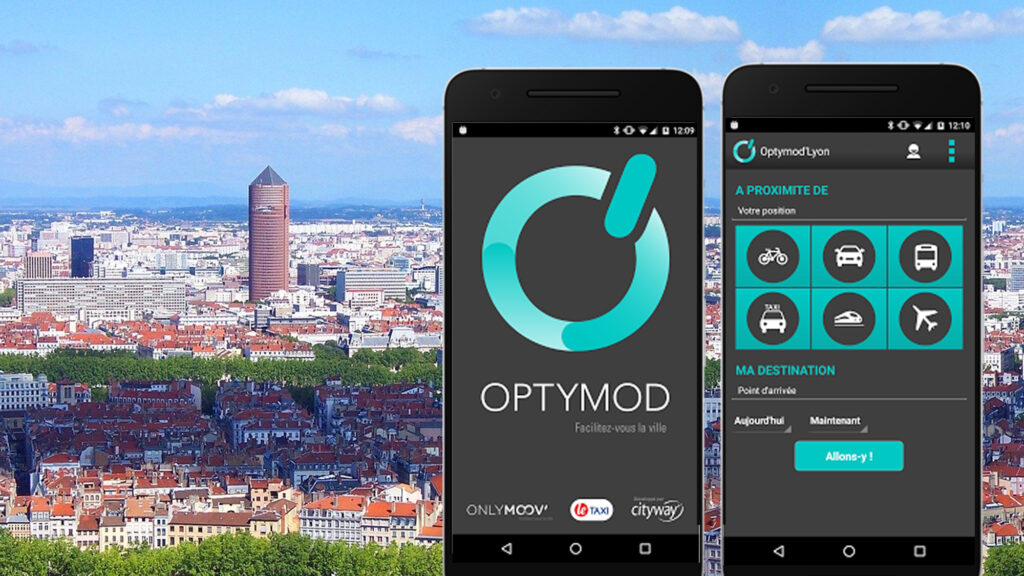
Although attractive, the “Optimod’ Lyon” application didn’t meet with the expected success. Judged by users as “too long to load”, “not very intuitive”, or even “unusable”, the application deployed by the Metropolis didn’t meet the expectations of the Lyon inhabitants. Far from being an abandoned subject, the city of Lyon continues to look for a MaaS solution. A platform that includes public and private players. Indeed, according to étrangeordinaire.fr, Lyon is working on an Urban Pass, named “OnlyMoov'”. Presented in the form of an RFID keyring, it will integrate different transport services. The user will be able to pay tolls, pay for parking, pay for his TCL ticket, unlock his Velo’v or even his Citiz electric car at the same time. Payment will be made on a pay-per-use basis via a centralized post-payment system. To discover also our article about the new intermodal offer of Lyon to promote the use of parking, bicycle and scooter .
